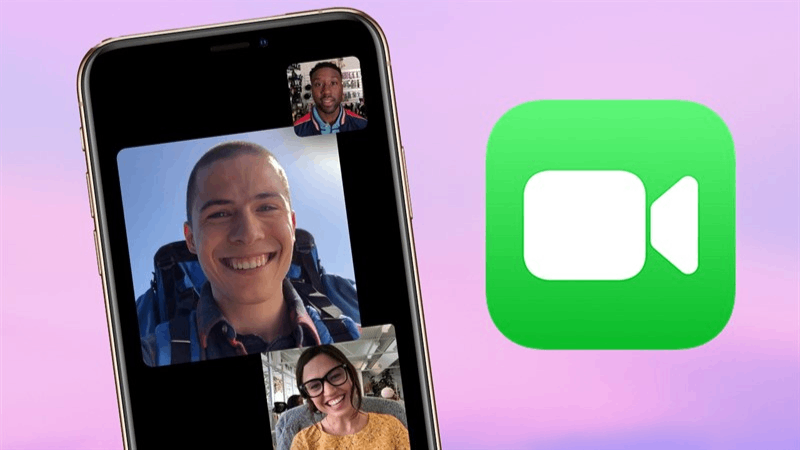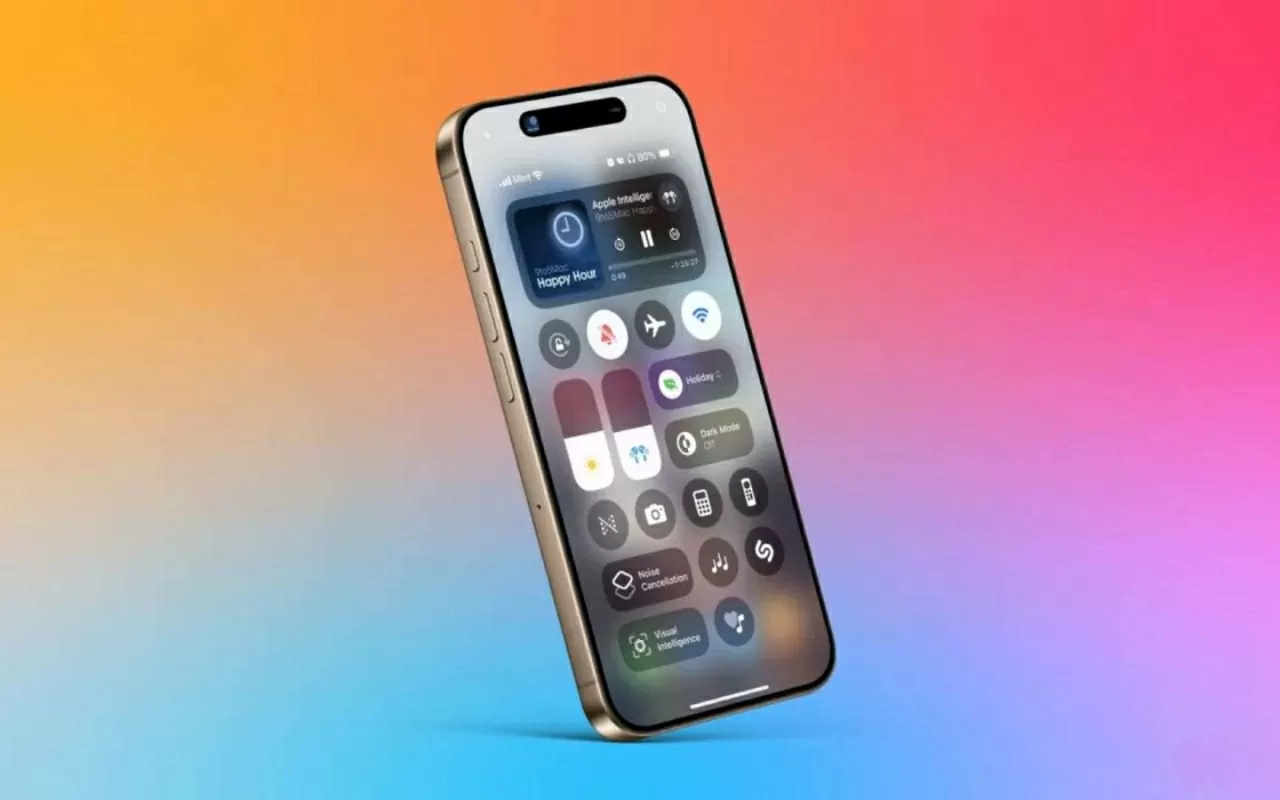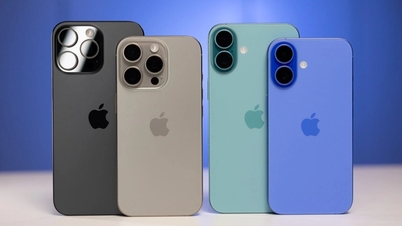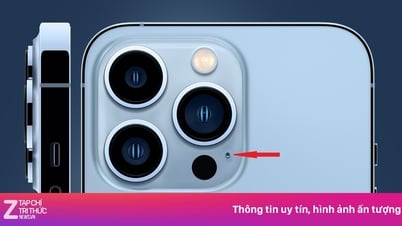9to5Mac recently revealed a controversial feature that appeared in the beta version of iOS 26. evident, the FaceTime application has the ability to automatically pause images and sounds if it detects the act of removing clothes during a video call.
The feature quickly drew attention from the Apple user community, with many questioned whether it was an effort to protect digital security or an intrusion into personal privacy. The debate is still heating up on social media platforms and technology forums.
A new feature in FaceTime on iOS 26 is facing strong criticism from the user community. The discovery was shared by the @iDeviceHelp account on the X platform (formerly Twitter), showing that if the system detects nudity in a video call, FaceTime will automatically pause both the image and audio. Immediately after that, the screen displays a notification with the option for the user to decide whether to continue the call or not.
 |
| A new feature in FaceTime on iOS 26 is facing a wave of strong criticism. |
Immediately, many users voiced strong opposition. One of the most notable comments read: “No one has the right to impose this on adults. Neither the government nor businesses can interfere so deeply with personal privacy. This is a serious violation of the boundary.” This view quickly received widespread support from the community.
What's confusing to many is that at WWDC last month, Apple introduced a similar feature under “Communication Safety,” but made it clear that it only applies to child accounts to protect younger users from inappropriate content.
The sudden appearance of this feature and its functionality on adult accounts in the iOS 26 beta has many people wondering: Is this a technical error during the testing phase, or is Apple quietly expanding the scope of the feature without clearly informing users? The controversy continues to spread as users ask Apple to clarify the line between digital security and personal privacy.
In response to privacy concerns, Apple was quick to explain how the feature works on iOS 26. According to the company, this technology is built on a machine learning platform that processes directly on the device – also known as “on-device machine learning”.
 |
| This new feature quickly attracted attention from the Apple user community. |
This means that the entire process of identifying sensitive images or behaviors takes place entirely on the user's iPhone, without sending any data to the outside. Apple claims that it does not collect, store, or receive any notifications about what happens during the call, including sensitive images or videos.
In theory, the feature still ensures high privacy standards - one of the things Apple has always promised its users. However, what has caused controversy in the community is the way this technology silently interferes with the calling experience, even when the user is an adult and does not require any protection features to be turned on.
It's unclear at this point whether this is just a bug in the beta or a test for a feature that's about to be officially announced. The tech community is waiting for a clearer response from Apple — especially ahead of iOS 26's release this fall.
Source: https://baoquocte.vn/apple-vap-phan-ung-trai-chieu-vi-tinh-nang-moi-tren-ios-26-320042.html




































































































Comment (0)